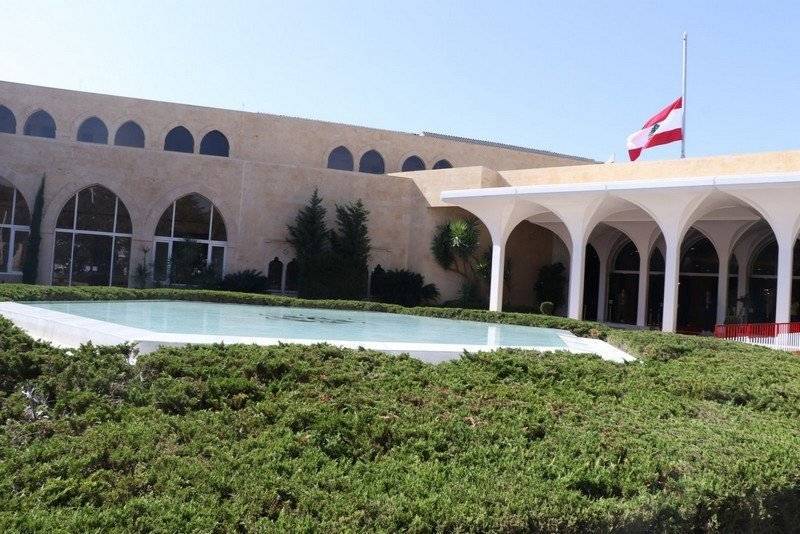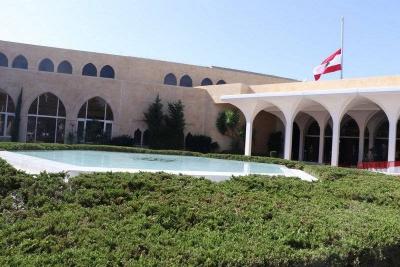Deputy Bilal Al-Hoshimy believes that the issue of forming governments in Lebanon boils down to two main reasons, neither more nor less. The first has regional implications and lies in the existence of an armed party that imposes its dominance over institutions and constitutional obligations, preventing the formation of a government that does not protect its weaponry and Iranian agenda. The second is internal and is rooted in the presence of a son-in-law who has positioned himself as the ultimate authority in deciding the form and content of governments, relying on an alliance of interests with Hezbollah and the Syrian and Iranian regimes behind it.
Al-Hoshimy noted in a statement to "Anbaa," that instead of the Lebanese concern being focused on addressing the collapse through a unification of political forces to prevent the country from reaching a major crash, we see Mr. Bassil imposing his conditions on the designated Prime Minister Najib Mikati to secure his share in the executive power. This is clear evidence that the saying "they didn’t let us" is merely a pretext to justify the failure that came as a natural result of prioritizing personal and familial interests over Lebanon and the Lebanese people's interests. In other words, he considers that the country has fallen between the culture of death, weaponry, and the marches practiced by Hezbollah, and the culture of political division and destruction practiced by Gebran Bassil, alongside his presidential ambitions, resulting in a resounding downfall into the depths of hell.
Thus, Al-Hoshimy confirmed that if Bassil succeeds in obstructing Prime Minister Mikati's mission, this destructive success will inevitably reflect negatively on the presidential elections, leading to the presidential seat in Baabda having an inevitable date with vacancy. He called on the sovereign forces to unite their ranks and paths to confront the aforementioned cultures and to agree on a sovereign, Arab, independent president capable of eliminating the tumors that Bassil and his armed ally have planted in the state’s body. He emphasized that what is said about the possibility of President Aoun remaining in Baabda after his term ends remains merely orange dreams that are impossible to achieve because when the international decision is made to evacuate the palace, President Aoun will inevitably follow in the footsteps of former President Emil Lahoud in packing his personal belongings at the end of his term, closing the chapter of a dark phase in Lebanese presidential history.




